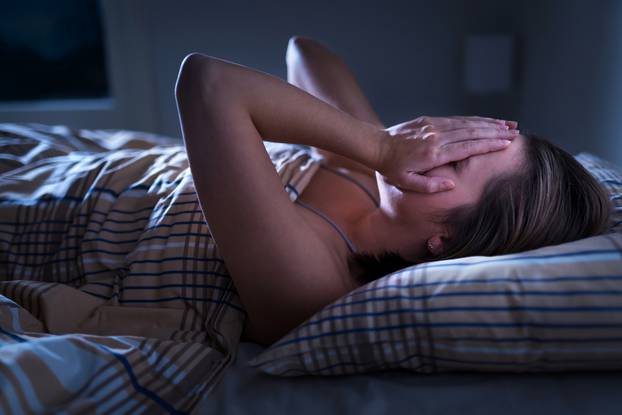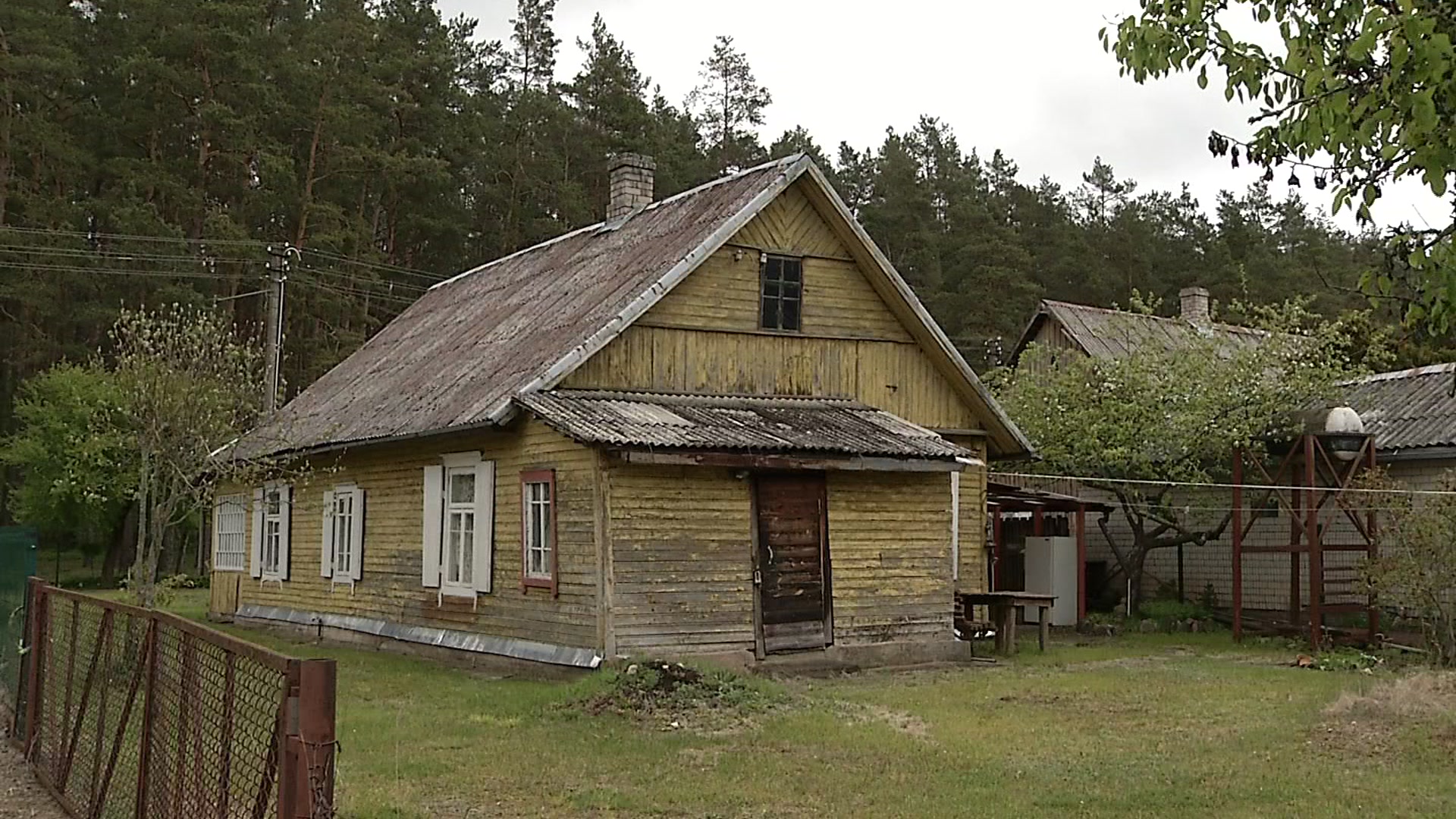These are all possible reasons why we are getting worse with age

Even if you don’t think about war, inflation or politics at night, it doesn’t mean you sleep peacefully. For many people over 50 years of age, night’s sleep is no longer what it used to be because the quality of sleep is declining, and the state of insomnia is becoming more frequent. Problems include difficulties with sleeping, frequent waking up during the night and premature morning waking up.
Below, we bring an overview of the most common causes of bad sleep at an older age.
Watch the video:
01:11
Abigail came to Zagreb from the US for student exchange. She was delighted with her student canteen
Pound accumulation
With aging, metabolism slows down, and without regular physical activity and balanced diet, it increases with body weight. Higher pounds are often associated with sleep disorders, such as apnea.
Researchers at Johns Hopkins University have found that loss of fat, especially in the abdomen, can significantly improve the quality of sleep. The reverse is also worth – sleeping problems make it difficult to lose weight, according to the International Journal of Obesity.
Apnea in a dream
This frequent disorder occurs when a temporary blockade of the upper respiratory tract occurs during sleep, which stops airflow. There is a higher risk in people with excess pounds, men over 40 years of age and generally male population. An unpublished apnea can lead to heart failure and sudden death, but the good news is to be treated successfully.
Menopause
Numerous symptoms of menopause – from Valung to mood changes – are also joined by insomnia. Research shows that up to 61 % of menopausal or postmenopausal women report difficulty sleeping. Reduced hormone levels play a key role in sleep changes, and they can be alleviated by appropriate treatment – which should be discussed with a doctor.
Prostate problems
In men, prostate increases with age, which can cause a frequent need to urinate at night. This condition, known as benign prostate hyperplasia, can significantly impair sleep. It is recommended to limit fluid intake in the evening and avoid diuretics such as caffeine drinks and chocolate.
Snoring
Although snoring can affect all age groups, it becomes more common with age. Loss of muscle tone in the throat, oily deposits around the neck and narrowing of the airways can lead to more pronounced sounds during the night. The sleeping foundation recommends a number of muscle strengthening exercises around the respiratory tract, while the loss of body weight and even playing didgeridoo can help relieve symptoms.
Heart problems
Aging occurs to the weakening of the heart muscle, and thus a higher risk of heart disease. Insomnia is common among people with chronic heart failure. Chest pain can make it difficult to relax and fall into sleep, and the lying position further causes a feeling of lack of air. The consequence is fatigue and frequent waking.
Changes in the Circadian rhythm
The deep dream becomes more difficult to reach with age. Our biological hourly rate, which regulates behavior, physical function and metabolism, is weakened over time. Changes in rhythm make it difficult to align the body with natural forms of wakefulness and sleep, resulting in shorter and less quality sleep.
Gerb and heartburn
The reflux disease of the esophagus (GERB) can seriously impair sleep, but the lack of sleep also aggravates the disease itself, which makes the vicious circle. Persons suffering from heartburn are not recommended to lie down immediately after eating, and the restriction on food intake is advised after 19 hours and a mild character diet.
Noise
Because the elderly is harder to enter the deep phases of sleep, they are more prone to awakening for noise. Car alarms, a neighbor’s dog or passers -by, all of which can be interrupted by a much needed sleep. The solution may be ears plugs or noise canceling devices.
Medicines
Aging is the need to take multiple medicines, many of which have side effects, including insomnia. For example, if a dose of thyroid medication is not adapted, it is possible that a person cannot fall asleep. Therefore, it is important to consult a doctor regularly and check the effects of therapy.
Lack of sunlight
The elderly, especially those with limited mobility, often do not spend enough time in the natural light. This can disrupt the internal clock and make it difficult to sleep. In such cases, light therapy can help, which helps regulate the circadian rhythm.
Depression
With age, there is a weakening of certain brain functions, which can affect emotional health. Depression is often associated with sleep disorders. If depression is suspected, it is crucial to seek professional help and discover the cause of the problem.
Restless leg syndrome
This chronic neurological disorder, also known as Willis-Ekbom’s disease, is more common after 50 years. People have the feeling that they cannot keep their feet calm, especially at night. The cause may be associated with low iron levels and its influence on dopamine. It is recommended to avoid strong light an hour before bedtime, warm baths and chamomile tea as a natural help.
Inappropriate mattress
Joint pain, tension or arthritis can seriously impair the quality of sleep. The body changes with age, and it should also change the sleeping base. If you pierce you pain during the night, maybe it’s time for a new mattress.
Reduced thermoregulation
The elderly is more difficult to maintain a stable body temperature. This change can cause premature awakening or difficulty sleeping, especially in the cold months. Good blanket, room temperature adjustment and layered clothing can help maintain heat and quality sleep, writes msn.













:format(webp)/s3/static.nrc.nl/bvhw/files/2023/09/data105804643-ffac33.jpg)